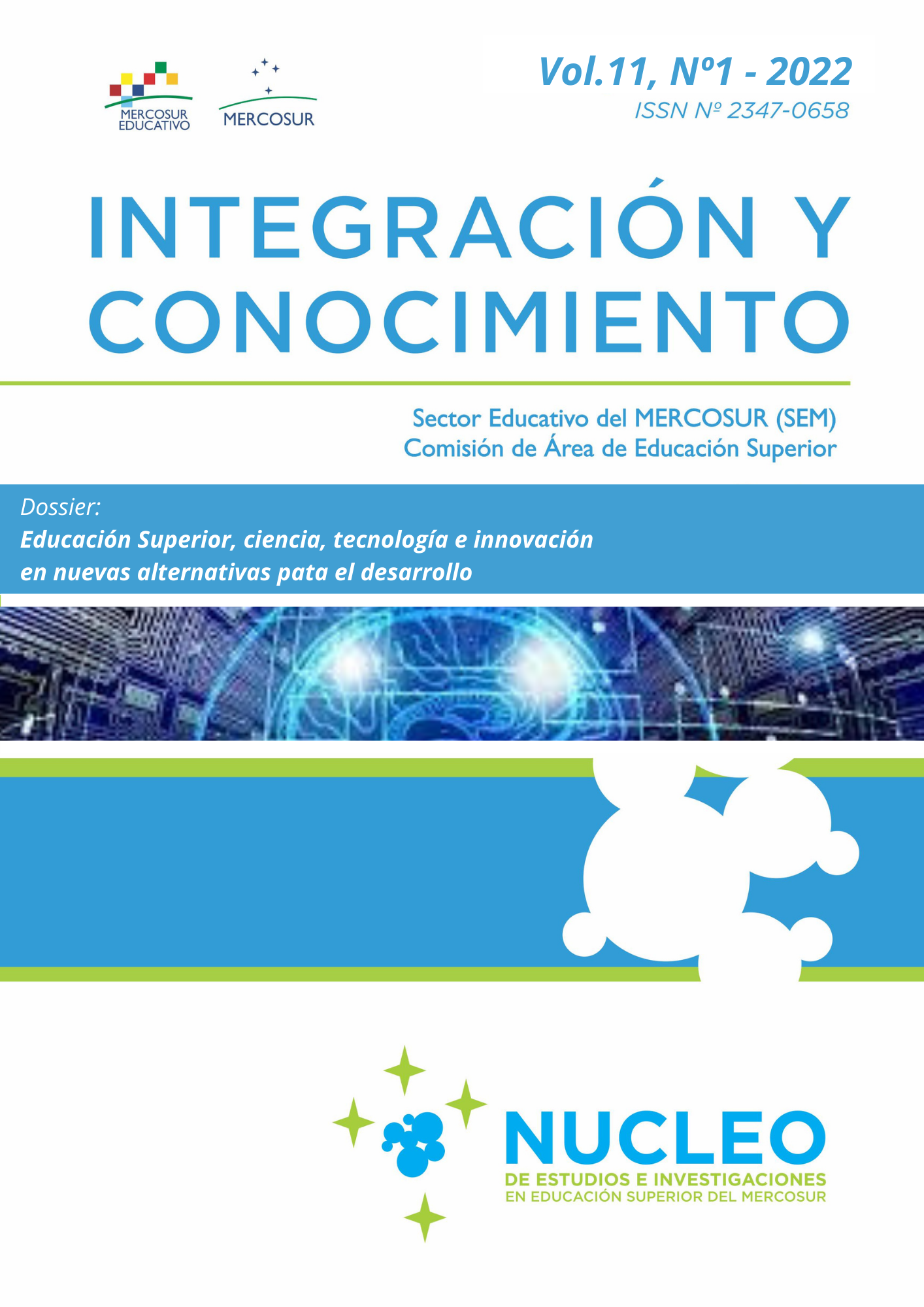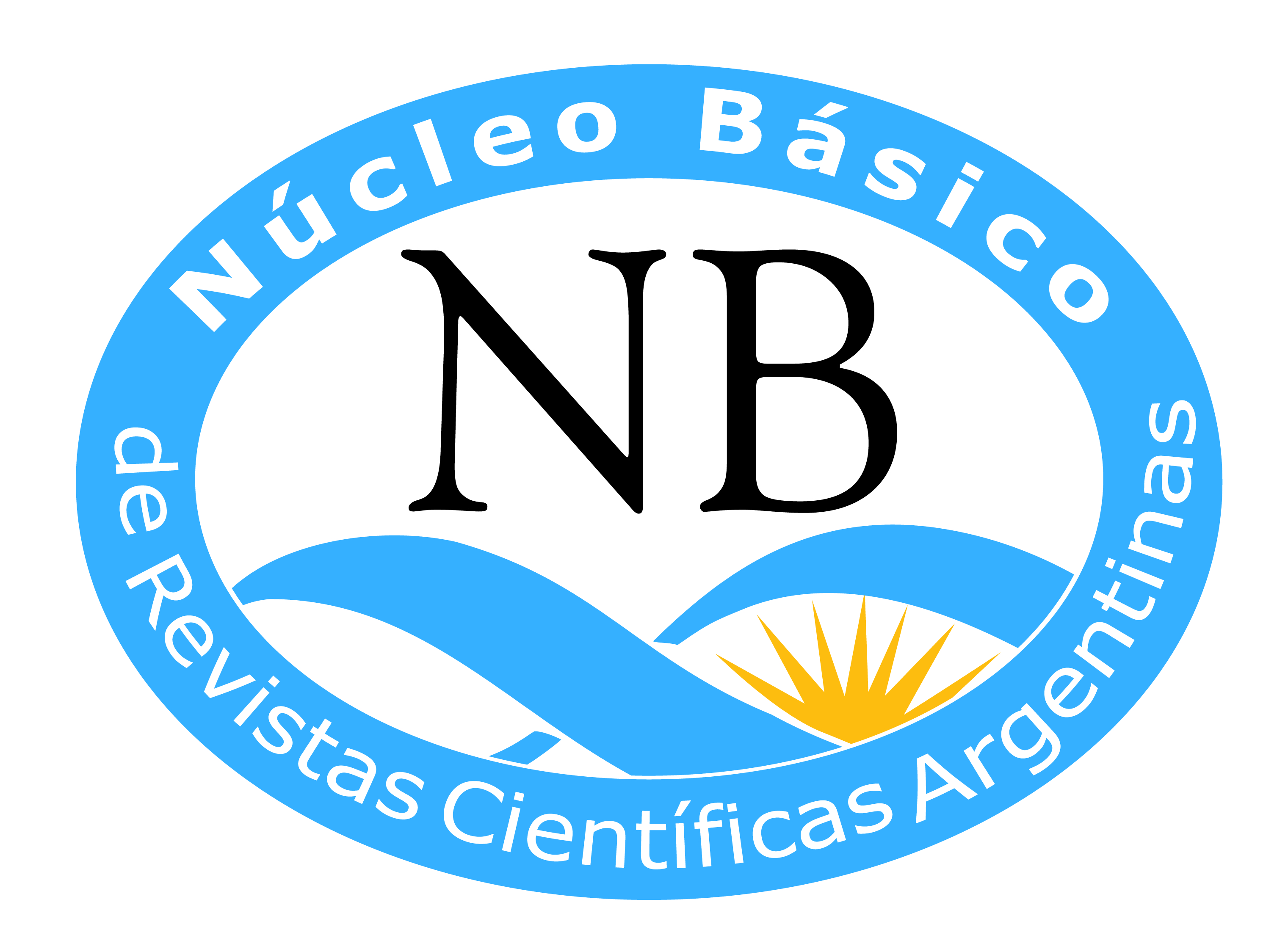Evaluating evaluators: a neglected requirement
DOI:
https://doi.org/10.61203/2347-0658.v11.n1.36534Keywords:
evaluation, arbitrariness, thesis, postgraduate, social sciencesAbstract
Evaluation was considered a permanent practice in and on universities since the 1990s, and -of course- it was prior practice at other levels, such as thesis defense processes, or the acceptance of articles for scientific journals, mechanisms that acquired greater formalization since then. With Covid-19, the "slowdown" promotes the possibility of reflection on such institutional practices. The old question about "who evaluates the evaluator" returns, because surprisingly evaluators enjoy enormous impunity in their decisions: nobody evaluates their activities, which allows all kinds of relatively open arbitrariness, in addition to the involuntary errors that always exist. Personal revenges, settling accounts between rival academic tribes, differences in theoretical position and even professional jealousies are discharged against the authors of scientific articles, and even more so against thesis students who often receive the attacks that are dedicated to their directors, because in the Thesis cases the names of the academics involved are public. It is time to propose statistical sampling modalities that systematically select some evaluations, and examine what has been done by the evaluators, with proportional penalties in cases where obvious distortions in the actions are discovered. It is surprising that to date these mechanisms for cross-checking the activity of academics have not been stipulated.
Downloads
References
Althusser, L. (1977). Tesis de Amiens. Rev. Dialéctica 3.
Barnes, B. (1986). T.S.Kuhn y las ciencias sociales. México: Fondo de Cultura Económica.
Bianchetti, L. et al. (Organiz.). (2002). A bussola do escrever (desafios e estratégias na orientação de teses e dissertações). Sao Paulo: Cortez.
Bourdieu, P. et al. (1977). La reproducción (elementos para una teoría del sistema de enseñanza. Barcelona: Laia.
Bourdieu, P. (1981). Campo del poder, campo intelectual. Buenos Aires: Quadrata.
Clark, B. (1983). El sistema de educación superior. Una visión comparativa de la organización académica. México: Nueva Imagen.
Follari, R. (2000). Sobre la inexistencia de paradigmas en las ciencias sociales. Epistemología y sociedad, 187, 31-41.
Follari, R. (2008). La selva académica (los silenciados laberintos de los intelectuales en la universidad). Rosario: Homo Sapiens.
Hegel, G. (1985). Fenomenología del espíritu. Madrid. Fondo de Cultura Económica.
Kuhn, T. (1980). La estructura de las revoluciones científicas. México: Homo Sapiens.
Marcuse, H. (1968). El hombre unidimensional. México: Joaquín Mortiz.
Downloads
Published
Issue
Section
License

This work is licensed under a Creative Commons Attribution-NonCommercial-ShareAlike 4.0 International License.
Authors who have publications with this journal accept the following terms:
a. Authors shall retain their copyright and guarantee the journal the right of first publication of their work, which shall simultaneously be subject to the Creative Commons License of Recognition which allows third parties to share the work as long as its author is indicated and its first publication is this journal.
b. Authors may adopt other non-exclusive licensing agreements for the distribution of the published version of the work (e.g., depositing it in an institutional telematic archive or publishing it in a monographic volume) provided that the initial publication in this journal is indicated.
c. Authors are allowed and encouraged to disseminate their work via the Internet (e.g. in institutional telematic archives or on their website) after publication of the article, which may lead to interesting exchanges and increased citations of the published work. (See The Effect of Open Access).



